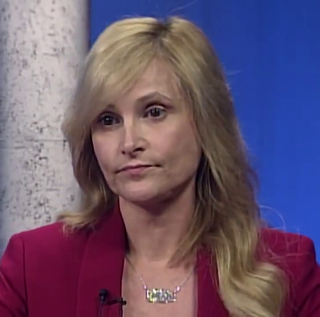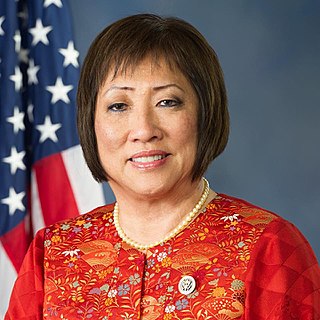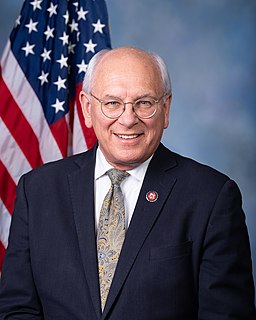A Quote by John F. Kerry
What we need to do is raise the minimum wage. We also need to hold onto equal pay. Women work for 76 cents on the dollar for the same work that men do. That's not right in America.
Related Quotes
In my first 100 days, I'll work with both parties to make the biggest investment in good-paying jobs in decades. We'll also raise the minimum wage - a big deal for the nearly two-thirds of minimum-wageworkers who are women. And we'll give women the tools they need to fight for equal pay. This isn't just a "women's issue"? - it's an issue every American should care about, no matter their gender.
We need to understand that we need to get the work-life balance better for both men and women - by men taking on more of those roles of homemaking and child rearing - it's an important area that we still haven't got right. I do worry; it's not just in the United States, it's also in parts of Latin America.
Equal pay for equal work continues to be seen as applying to equal pay for men and women in the same occupation, while the larger point of continuing relevance in our day is that some occupations have depressed wages because women are the chief employee. The former is a pattern of sex discrimination, the latter of institutionalized sexism.
We have Latinas in California making 55 cents on the dollar. Black women making 63 cents on the dollar. White women making 78 cents on the dollar. It doesn't change very much year by year, it might go up or down a penny, but oftentimes, the years that it goes up are the same years that men are making a little bit more. It's pretty much always in proportion.
I was on the committee that helped raise the minimum wage here in Seattle. I introduced a statewide bill to raise the minimum wage in Washington state my first year in the state senate, and I really believe that raising the federal minimum wage, while not the answer to everything, addresses a lot of the issues at the very bottom.





























